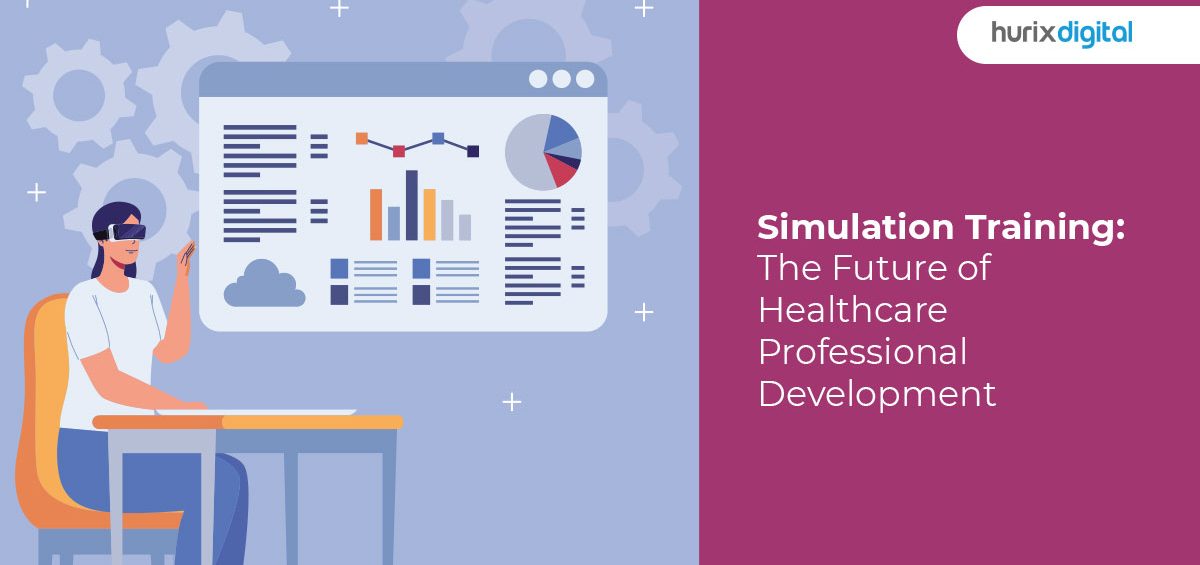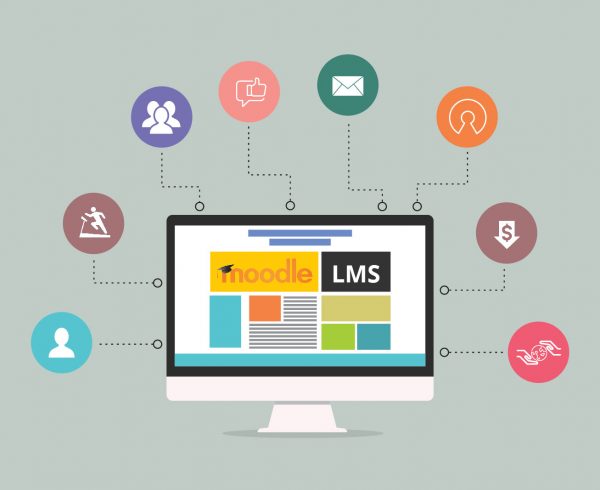Summary
Unlock the potential of simulation training for healthcare professionals. Embrace the future of professional development with immersive simulations tailored to healthcare scenarios. Experience realistic learning environments that enhance skills, decision-making, and patient care. Revolutionize training methods for a more effective and proficient healthcare workforce.
The healthcare fraternity is continuously innovating to improve the quality and scope of healthcare. Investments are being made to reduce the mortality rate due to errors and enhance safety and recovery rates and patient care.
Table of Contents:
- Simulation Training for Healthcare Professionals
- Benefits of Simulation in Healthcare
- Common Types of Simulation in Healthcare
- Impact of Simulation on Healthcare Training
The medical fraternity is also grappling with new diseases, conditions, and ailments and requires ongoing training to keep pace.
Simulation training for healthcare professionals plays a major role in the transition.
The global healthcare simulation training market is expected to grow at a compound annual growth rate of 15.95% to reach an estimated market value of $ 7.2 billion by 2030. Technologies like virtual and augmented reality are being leveraged to build effective simulation training programs for the healthcare sector.
In this blog, we understand exactly what simulation in healthcare is and its impact on the future of healthcare professional development.
Simulation Training for Healthcare Professionals
Simulation is a general term that involves an artificial representation of a real-world process, which enables knowledge and skill building via experiential learning. More specifically, simulation-based healthcare education is a learning tool that leverages simulation aids to recreate clinical scenarios.
Simulation training is considered one of the most important value additions to the development of healthcare professionals, according to a report published as early as 2010.
First introduced into healthcare training in the 1960s, simulation training has significantly progressed and is expected to influence every field of healthcare in the future.
Benefits of Simulation in Healthcare
The ultimate aim of simulation training is to reduce errors and promote safety in the healthcare domain.
- This learning technique allows seasoned healthcare professionals to learn and grow their skills without repercussions on real-life patients. Hence, patient safety is prioritized.
- Freshers who have just graduated tend to be armed with theoretical knowledge. The introduction of simulation training into their curriculum enables them to build hands-on skills that help them become productive faster in the real world.
- Simulation training enables the customization of a range of learning scenarios, preparing professionals for various conditions and outcomes.
- Simulation in healthcare creates access to unlimited practice and is on-demand for professionals.
Common Types of Simulation in Healthcare
Here is a snapshot of popular training activities. There are several more available based on an institution’s needs.
1. Task-Focused Trainers
These are customized training simulators, which enable learners to practice a specific type of task or even a partial aspect of a task.
For example, task trainers can be used to enhance basic clinical skills such as endotracheal intubation.
The more healthcare professionals practice, the more they are likely to perfect these basic skills before treating a real patient.
2. Use of Virtual Reality (VR)
To create a more immersive experience, the healthcare industry is introducing VR into simulations.
The use of VR replicates a more realistic experience in various scenarios, such as in the intensive care unit (ICU). It prepares healthcare professionals for all potential scenarios that occur in the real world.
It also enables interactions such as communication with a patient, which plays an important role in outcomes.
3. In-Situ Simulations
This type of simulation is executed in a real clinical setting, such as an operating room, with the participation of healthcare professionals.
They replicate real-life factors like limited resources, high stress, and complex medical scenarios. This helps healthcare professionals be prepared for the harsh realities of the healthcare domain.
Impact of Simulation on Healthcare Training
Simulation in healthcare is revolutionizing the teaching and learning methodology of the healthcare domain. Let’s understand the impact.
1. Reduced Patient Risk
Throughout history, healthcare practitioners have either had to practice on cadavers, which are hard to come by, or directly work with patients.
Simulation training has shifted this reality by enabling healthcare professionals to build skills but not at the expense of patients.
Hence, increased patient safety is one of the top outcomes of this shift.
2. Reduced Payouts for Errors
Healthcare facilities such as hospitals face the risk of lawsuits, settlements, or damages costs of large ticket sizes. They invest large amounts in insurance to cover such costs.
Simulation training reduces the scope of error, which in turn, helps healthcare facilities save on costs. These savings can go towards other more pressing needs.
3. Access to Data
One of the most valuable aspects of simulation training for healthcare professionals is that it offers both learners and the training entities, such as hospitals to get access to learner-related data.
Using customizable dashboards, they can detect trends, weaknesses, and strengths and where more effort is needed towards training.
4. More Self-Learning, Fewer Training Resources
Healthcare teaching has traditionally required the extensive expertise of established healthcare practitioners to teach students.
However, healthcare practices have limited time, as they are continuously engaged in patient care. The introduction of simulation in healthcare enables healthcare learners to invest in self-learning.
This reduces the burden on seasoned healthcare professionals.
5. Continuous Evaluation and Feedback
Healthcare professionals receive real-time and in-depth feedback for every simulated practice session, which is valuable for a healthcare professional’s growth journey.
6. Enhanced Confidence Levels
Hands-on training is an important aspect of training for healthcare professionals. Simulation training enables customized learning, which enables healthcare professionals to stay up to speed with the growing complexity of patient care.
They can practice on demand and continue to build new skills, which in turn, seeds confidence and an increased ability to make informed decisions, think on their feet, and stay highly productive.
Conclusion
The condition of healthcare is very dynamic, and it demands that healthcare professionals be continuously up-to-date in their knowledge and skill set. With the introduction of simulation training for healthcare professionals, doctors, and nurses, for instance, can run through a complex surgery before the actual surgery.
They can improve their understanding of potential challenges and solutions to various problems.
The top healthcare facilities and medical schools are weaving in simulation training for their staff and students as part of their facilities and curriculum. Simulation in healthcare is growing in its adoption and will play a key role in the future of superior healthcare professional development.
If your business is looking to adopt an agile e-learning platform, Hurix Digital is geared to support you in meeting all your company’s learning needs. Our state-of-the-art Learning Management System is available both as a licensed version (one-time buy) and via a subscription model.
Get in touch with us to understand how you can bring in the best corporate learning solutions for your business.











